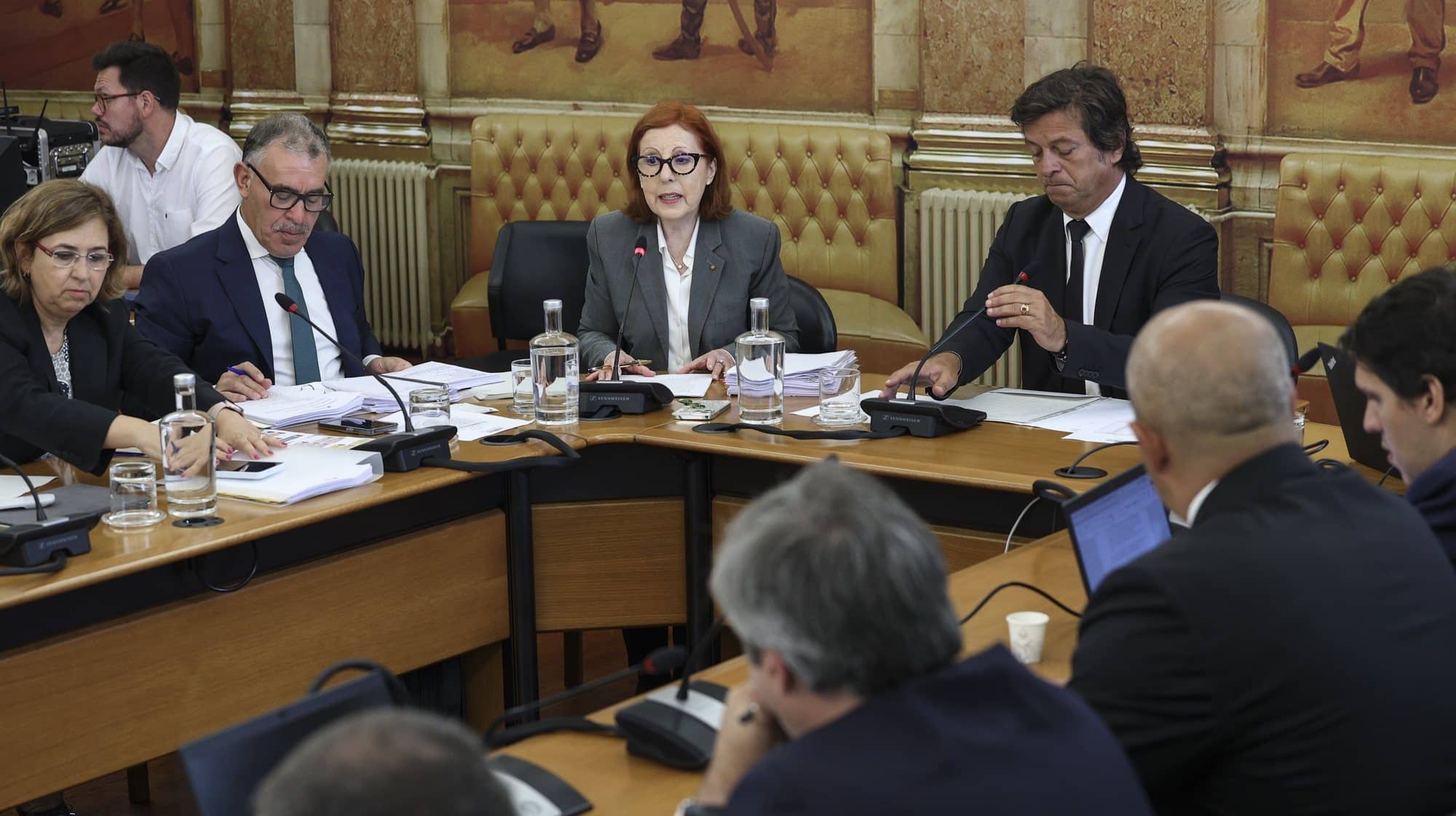But project “goes back a long way…”
A chink of light at last for all those fighting against the unrecoverable environmental destruction of reverse osmosis desalination off one of the most iconic beaches in the Algarve (if not the world): yesterday the minister for the environment and energy admitted that the plan “should be the last solution”.
This is exactly what opponents have been saying, for months if not years.
But in the next breath, Maria da Graça Carvalho told the parliamentary Environment and Energy Committee that “equipment like this takes a long time to build, and it is from this perspective that we are continuing with the project which goes back a long way…”
The minister explained that “the fact is that in this situation we have to take care of the future”. Yes, desalination in theory should come after “saving water, having fewer leaks and losses, reusing water, making good use of existing infrastructures and increasing existing capacity.
“Only if all that isn’t enough should we go for a type of desalination plant, for various reasons,” stressed Graça Carvalho, acknowledging the environmental impacts inherent in this equipment, as well as its high cost, which “someone has to pay for”.
Even with water savings of between 10% and 20% in recent months, the Algarve is “already in a permanent water shortage“, she said – adding that Spain has “around 700 of these plants”, but “not all of them work well“, while “Malta has solved its water shortage problem with this solution” (again, critics will argue that Malta is a rock in the middle of the sea, whereas Portugal is blessed with a lot more by way of underground waterways and reserves).
But the gist of the minister’s discourse was that desalination should not be something the country ‘rushes into’ ahead of everything else. And in that, opponents battling already through the courts, may take heart.
“The construction of a desalination plant in the municipality of Albufeira, with a base value of €90 million, is one of the measures to respond to the drought affecting the southern region of Portugal”, writes Lusa again today. “The equipment is expected to have an initial capacity to convert seawater into drinking water of 16 cubic hectometres.
“According to Águas do Algarve, the company responsible for water supply in the region, which manages infrastructures such as dams and wastewater treatment plants, the work is scheduled to be completed by the end of 2026” – only this timeframe is already being widely queried, given that nothing in the way of construction has yet moved forwards, and local people are contesting compulsory purchase notices.




















